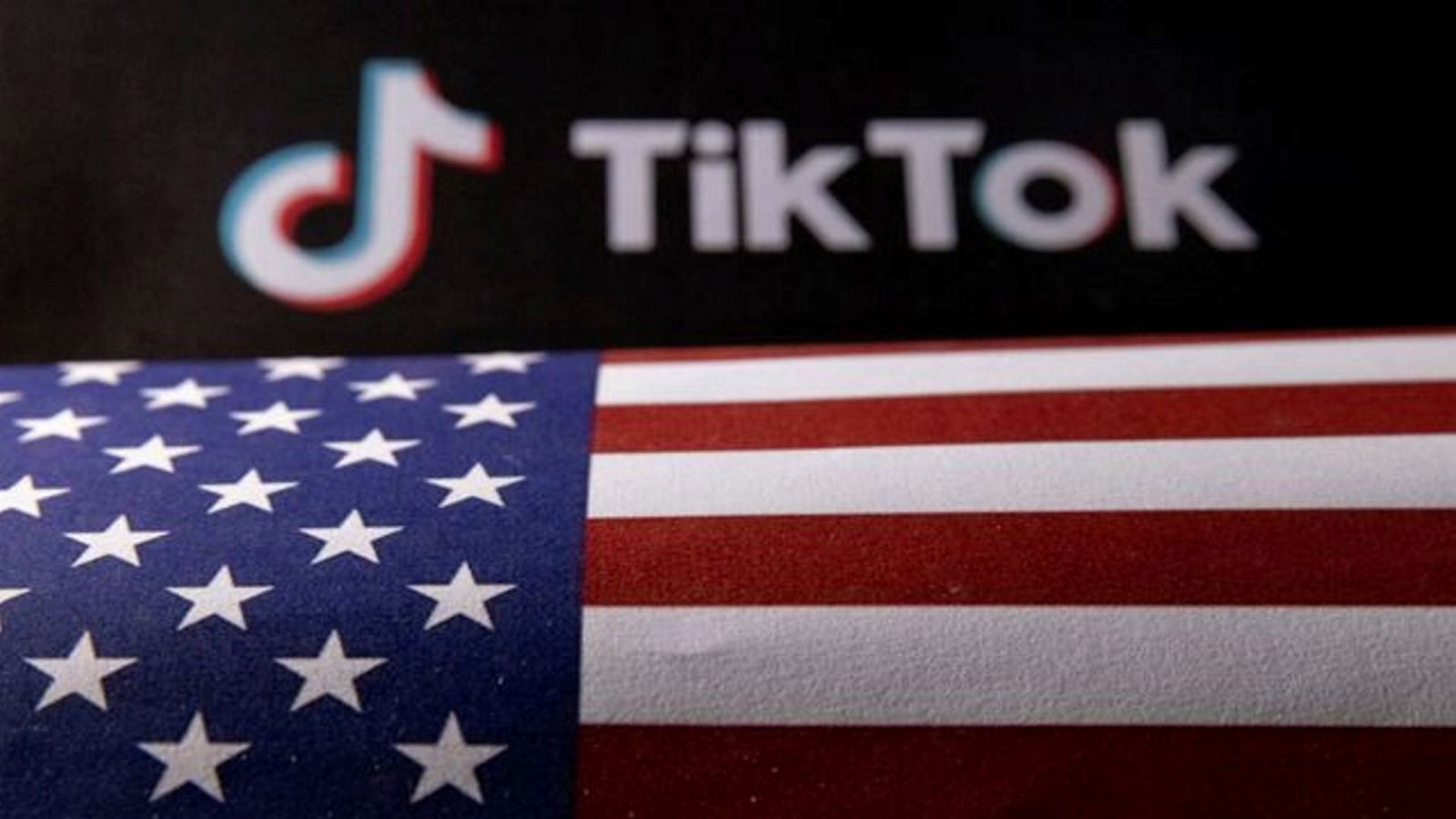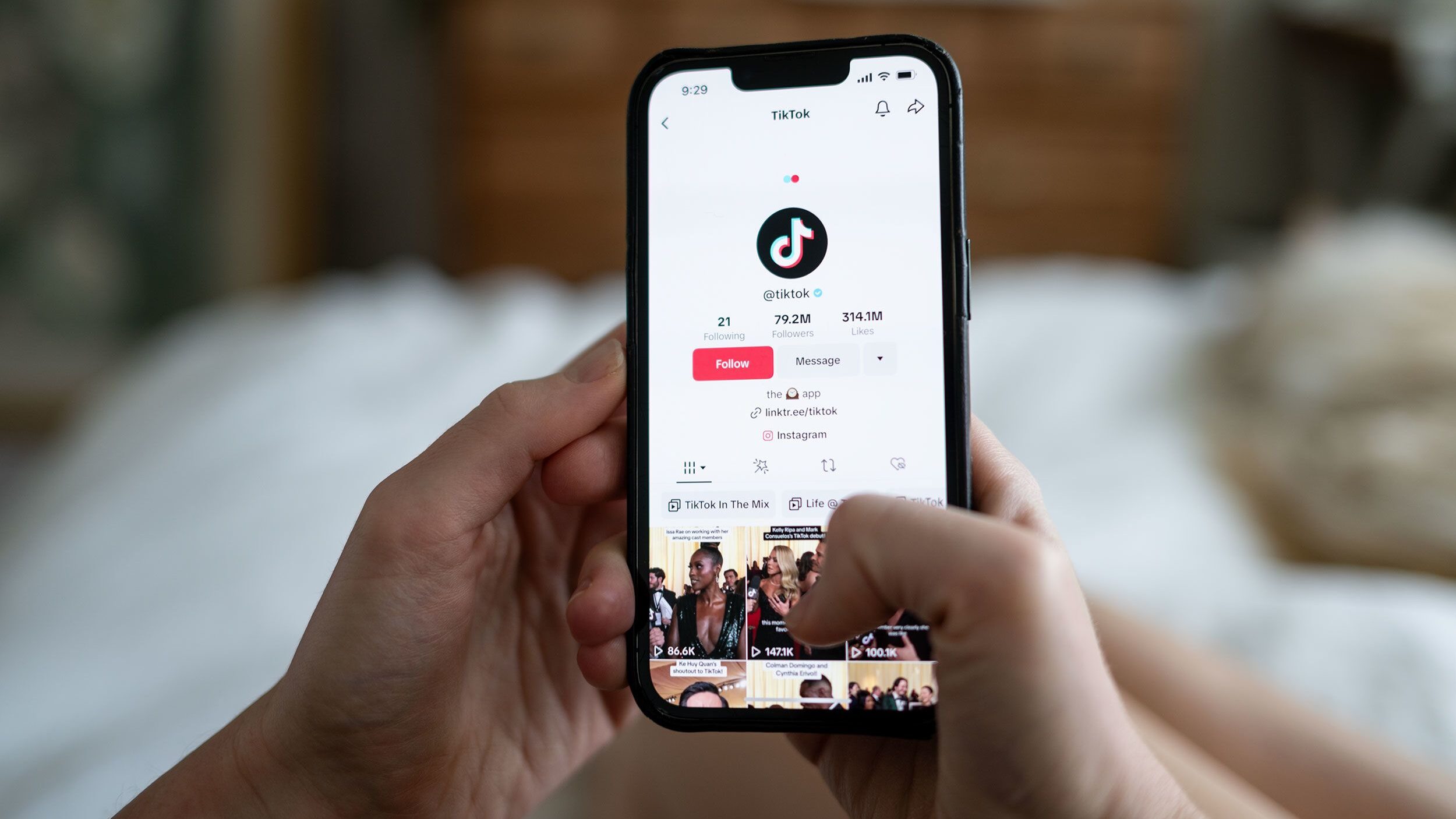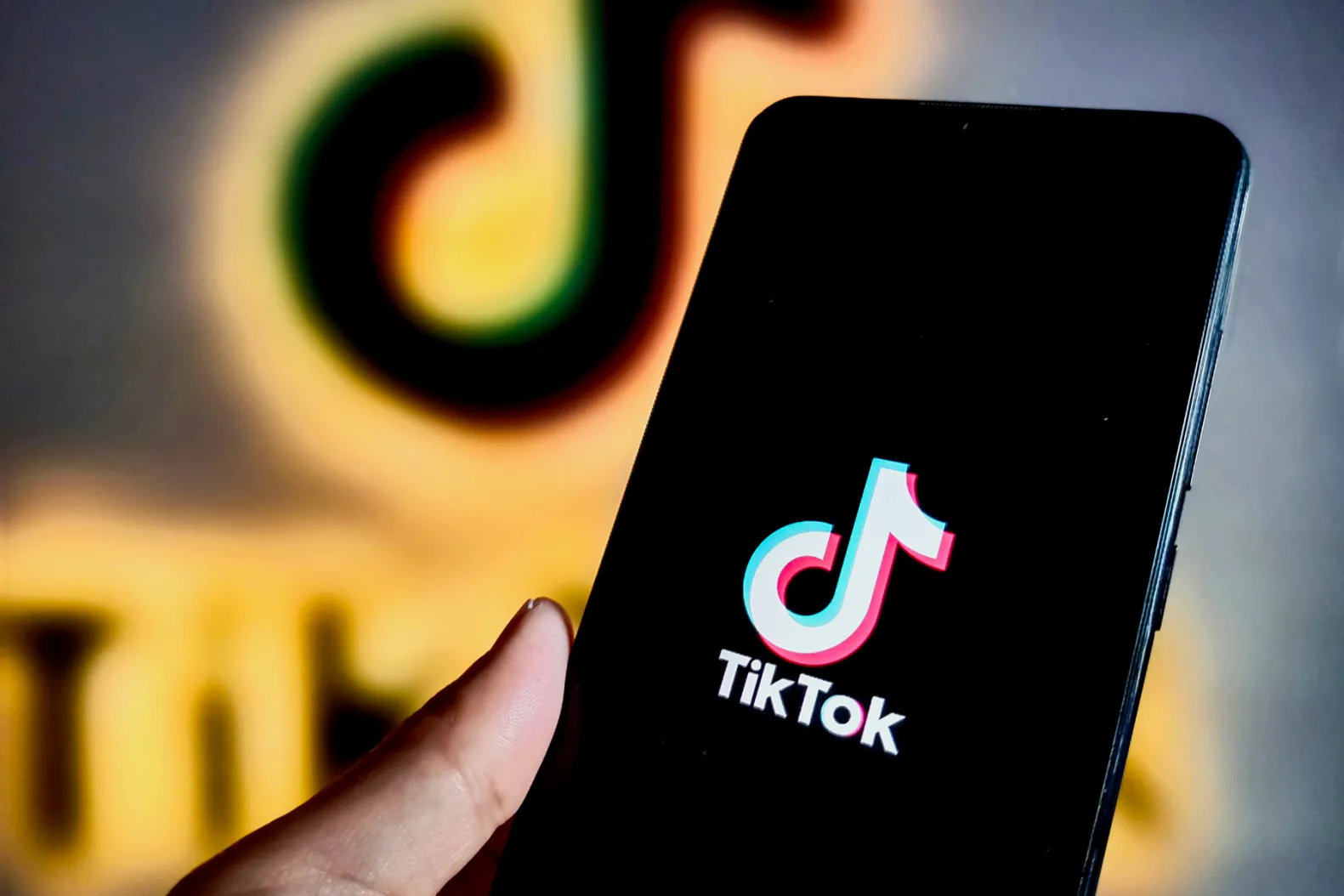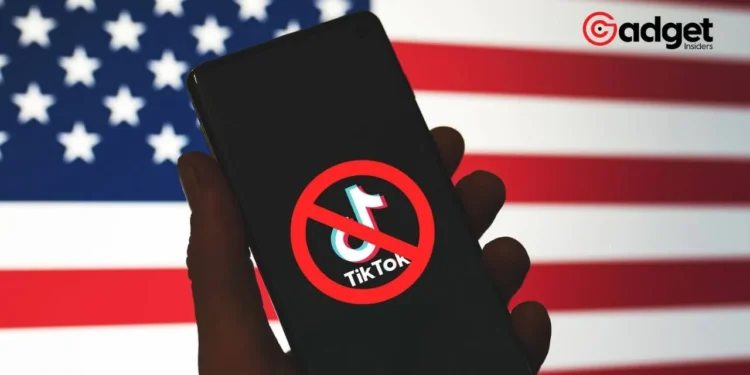The trajectory of TikTok’s operations in the United States hangs in the balance as Congress moves closer to enforcing a significant legislative measure. The “Protecting Americans from Foreign Adversary Controlled Applications Act” is swiftly advancing through the legislative process, stirring up a complex debate around national security, economic impacts, and digital freedoms.

Legislative Journey: A Closer Look at the TikTok Bill
Initially, the bill proposing a potential ban on TikTok breezed through the House of Representatives. However, its passage was not as straightforward in the Senate, where it encountered resistance from key figures, including Sen. Maria Cantwell, the influential chair of the Senate Commerce Committee. The opposition sparked revisions to the bill, extending the timeframe for TikTok’s parent company, ByteDance, t
o divest the app from six to twelve months. The amendment was critical in gaining the necessary support from previously hesitant senators.
As reported by NBC News, these strategic adjustments have rejuvenated the bill’s momentum. The House is poised to vote on this amended bill as part of a larger legislative package that also includes international aid components.
With a House vote scheduled for this weekend and the Senate potentially casting its vote as early as next week, the path forward for the legislation is becoming increasingly apparent. President Joe Biden has also expressed his readiness to sign the bill into law should it successfully navigate through Congress.

Economic and Social Implications of a TikTok Ban
The repercussions of a potential TikTok ban extend far beyond legislative chambers. TikTok itself has vocally criticized the legislative maneuvers, highlighting the profound impact such a ban could have on multiple fronts. In a statement, TikTok lamented the use of “important foreign and humanitarian assistance” as a facade to push through a bill that could “trample the free speech rights of 170 million Americans,” disrupt the livelihood of 7 million businesses, and significantly impact the U.S. economy with TikTok’s contribution of approximately $24 billion annually.

TikTok CEO Shou Chew has hinted at the likelihood of a legal challenge should the bill become law, emphasizing the company’s commitment to defending its operations and the interests of its vast user base in the United States.
🚨BREAKING: House Rules Committee Passes $100 Billion Foreign Aid and TikTok Ban Legislation
The Committee voted 9-4 to pass 4 bills that would do the things described above. They mirror the so-called Senate “border bill” that failed recently, but mashed in a bit more pork this… pic.twitter.com/3D9j4ix9Yf
— Max Bonilla (@outragedteen_) April 19, 2024
What lies ahead for TikTok?
As the legislative gears continue to turn, the future of TikTok in the U.S. remains uncertain. The implications of this bill resonate through various sectors of society, from tech industry dynamics and business ecosystems to the broader discourse on digital rights and national security.
With key votes impending, stakeholders from all sides are bracing for outcomes that could reshape the landscape of social media and digital commerce in the country.
The evolving story of TikTok’s legislative challenges serves as a pivotal chapter in the ongoing dialogue about technology’s role in society and governance.
As this situation develops, all eyes will remain fixed on Capitol Hill, where decisions made in the coming days could determine the fate of not just a popular social media platform but also the digital rights of millions of Americans.










